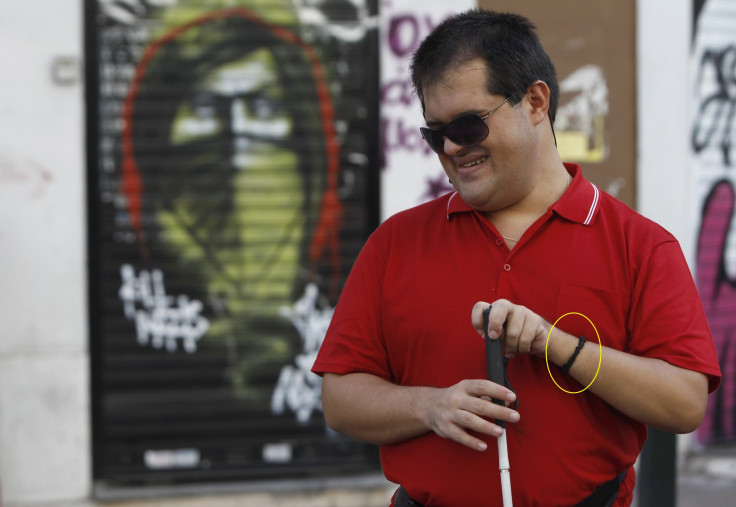FDA Approves 'Plastic Lollipop' That Helps Blind Interpret Images Using Their Tongue

A recently developed medical device allows the blind to process visual images using their tongue. The device, called BrainPort V100, was recently approved by the U.S. Food and Drug Administration. It was developed by a company called Wicab, in Middleton, Wisconsin. When made available for commercial use, the device is expected to cost around $10,000.
BrainPort V100 makes use of the human brain's ability to adapt and learn new things to overcome blindness. The device looks like a battery-powered plastic lollipop connected to a pair of sunglasses. The sunglasses have a small camera that captures the images and then converts the images into electrical impulses inside the plastic lollipop. When the device comes in contact with a user's tongue, the electrical impulses result in vibrations that can be interpreted by the user.
According to Gizmodo, the vibration can help the blind person identify the shape, size and location of different objects.
Such innovations can be life-changing for millions of people, said Dr. William Maisel of the FDA's Center for Devices and Radiological Health. “It is important we continue advancing device technology to help blind Americans live better, more independent lives," he said.
BrainPort has been available across Europe since 2013. However, the recent FDA approval means the device will be made available in the U.S. as well.
Clinical data furnished by the developers show that nearly 69 percent of subjects who were trained with the device were able to use it to recognize objects around them.
© Copyright IBTimes 2024. All rights reserved.





















